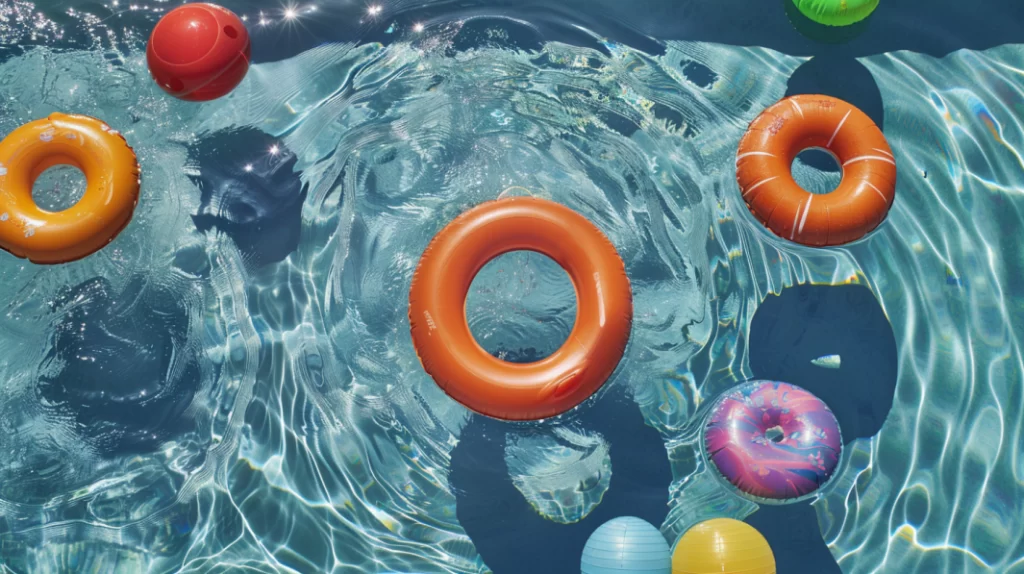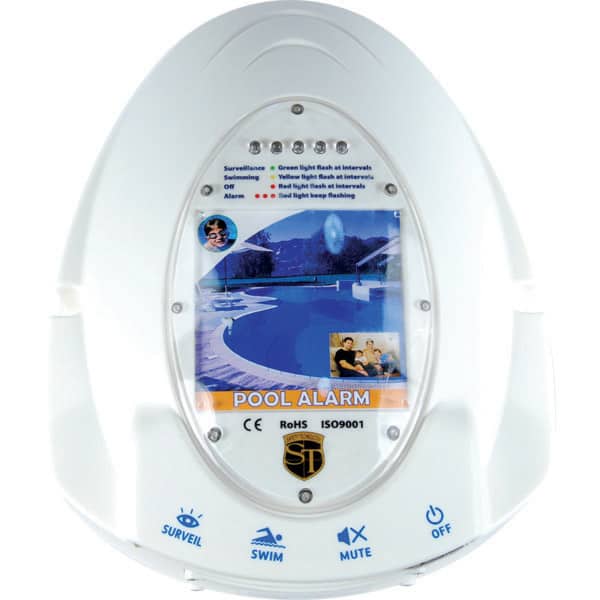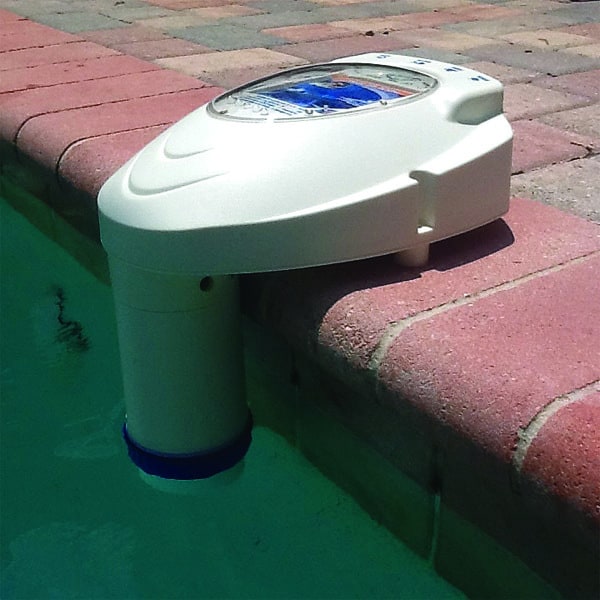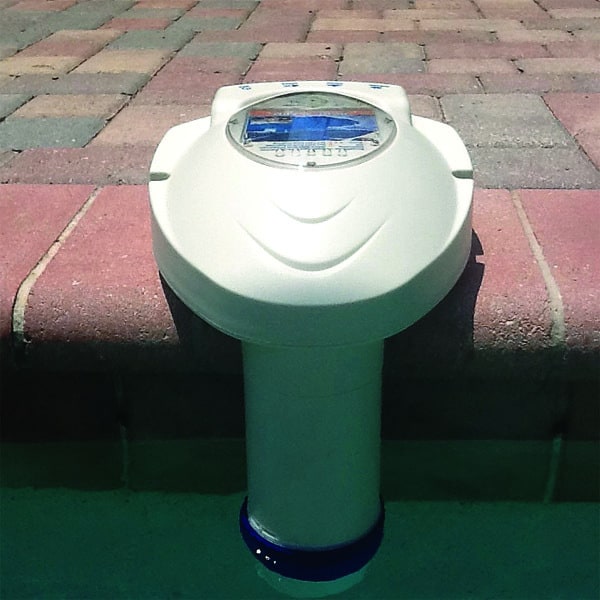

Imagine being able to prevent a tragedy using a simple device. We hear stories of young children who accidentally access the family pool each year, leading to devastating outcomes. While you may have secured your home, the pool area can still be a potential danger zone without a pool alarm.
Pool alarms are not just accessories; they are crucial devices that prevent accidents by notifying you when someone enters the pool area, whether permitted or not. Investing in a pool alarm can provide priceless peace of mind and safeguard what is most important to you.
Pool alarms are important safety devices that provide immediate notifications when individuals or objects enter the pool, increasing protection for children and pets. With drowning being a primary cause of death in children under 14, the significance of integrating these alarms into your safety protocols cannot be emphasized enough. These alarms are not mere gadgets; they serve as vital safeguards, reassuring your loved ones are shielded.
The Pool Alarm is an electronic monitoring system designed to enhance pool safety. It is portable, self-contained, lightweight, and easy to operate. Upon entry into the pool, the Pool Alarm emits a loud pulsating alarm to alert individuals nearby.

This feature can help prevent drowning accidents, especially among young children. The product weighs 6 lbs and ensures that any pool entry triggers an immediate audible warning. The pool alarm comes with an indoor and outdoor alarm, reaching up to 85dB within 11.5 feet.
The setup for the Safety Technology Pool Alarm is pretty user-friendly. Just set the alarm on the pool’s edge (do not submerge in water). After that, you can operate the alarm using a control button, which will then automatically arm the unit once you’re out of the pool.
As an added precaution, the alarm has a low battery indicator that sounds off at the poolside and remote receiver.
After you find the perfect pool alarm, ensuring you install it correctly is essential for it to work well as a safety tool. It’s important to follow the instructions from the manufacturer when setting it up so that the alarm works properly.

Sub-surface alarms, like the Safety Technology Pool Alarm, are designed to detect disturbances in the pool water. Even minor splashes in the pool can trigger this alarm, making it one of the most reliable options. These alarms attach to the pool’s edge or railing, monitoring the water for any disruptions that could indicate someone or something has entered the pool.
Placing the sub-surface alarm near the middle of the pool so it will have an equal detection range is ideal. You’ll keep the indoor alarm in an area that can be heard from any room in the building.
Putting in a pool alarm isn’t just about adding another device. It’s about making sure swimmers and pets stay safe. By setting up the pool alarm correctly and checking it often, you are making the pool a safer place. Safety tools like pool alarms help stop accidents and keep unwanted visitors out of the pool.
Legally, having a home swimming pool can put you at risk of being responsible if something goes wrong. Not following pool safety rules could lead to accidents and legal trouble. Understanding how pool alarms and following pool safety laws can help reduce these risks is important.
| Aspect | Importance |
|---|---|
| Pool Safety Laws | Compliance with local regulations is mandatory to avoid liability issues. |
| Pool Alarm Systems | Recommended as a proactive measure, but not a complete safeguard. |
Not following the rules for your neighborhood pool can result in big fines or serious legal trouble. If someone gets hurt because you didn’t keep the pool safe, your insurance may not help cover the costs.
Even though federal tips aren’t laws, they’re good ideas to help prevent accidents. Having an alarm for your pool is a good idea, but you still need to make sure the area is safe for everyone. Be sure you do everything possible to keep your pool area safe for your friends and family.
Yes, pool alarms do work. They’ve been shown to significantly reduce drowning risks by alerting you to unauthorized access or potential dangers. Investing in one is a smart move to protect your loved ones and pets.
A pool alarm is your guardian angel, quietly watching over your pool. It’s designed to alert you if someone enters the pool, acting as a crucial safety net to protect your loved ones from drowning.
All doors or windows that provide direct access from the home to the pool must be equipped with an exit alarm with a minimum sound pressure rating of 85 decibels at 10 feet of distance.
Pepper Spray Wholesale provides non-lethal self defense products and hidden cameras for you, your loved ones and your home. If you have any questions about the products, do not hesitate to Contact Us. Stay Safe!
Pepper Spray Wholesale
1867 Caravan Trail
Ste 105
Jacksonville, FL 32216
Call us toll free: (800) 859-5566